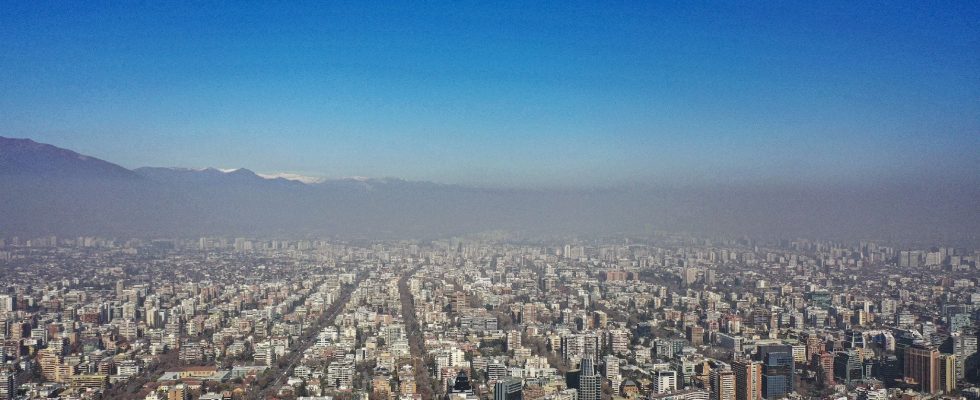In anticipation of the fourteen and a half hour flight, I took the box set of four DVDs containing the six hours and forty-five minutes of the adaptation of War and peace by Leo Tolstoy, directed by Sergei Bondarchuk in 1966. I was already on the plane when the Napoleon by Ridley Scott. The Soviet film responded to War and peace of King Vidor filmed ten years earlier, which does not seem to have been a response to Napoleon by Abel Gance which was not the animation of the novel-picture painted by Jacques-Louis David. What pleased me the most in Bondarchuk’s epic film was the absence of Napoleon. Or if you prefer, his presence off-camera. He is there in the sense that everything is his fault, this disaster, this mismanagement, this human misery conflated with military, political, moral nullity, which finds its most odious expression in this Russian campaign which ecstasies collectors of toy soldiers . It is less Napoleon that I abhor than those who regularly hail his return from March 1, 1815 until his Putinian reincarnation.
The point of the battle scenes? Purely pictorial. Pornography of History. The privacy of the swordsman? Zero degree of copulatory ridicule. As I set foot on the tarmac of Santiago airport, I was happy to have left Europe and its future massacres 15,000 kilometers behind me. And immediately found the joys of time difference, with Dora in the middle of winter and me walking in spring.
Marco makes me get into his big car full of soil, that of his vines. We cross the traffic jams of the ugly city, an impossible to find city, modern enough to cry. Lost Latinity. Here I am in mourning for folklore. I sit on the 12th floor of a building with 20 floors. My balcony overlooks other buildings of the same ilk. Downstairs, the trapezoidal swimming pool acts as a footbath in the middle of a minimal garden. Disorienting, this lack of change of scenery. WhatsApp doesn’t help matters. “Are you there? What are you doing? – I see you. – What’s it like? – Not fun.”
Is the fault of the dictatorship? That’s all I can see. It has ratified the city, its heart, its colonial past, architecture decides everything, architects are the agents of power, this is not from today, it takes centuries for human life to take shape. adapts, appropriates, corrodes, defiles the idea that dictators have of order. The absurdity of urban plans eventually wears out. While waiting for these two or three necessary centuries, we must accumulate arrangements, work around the damage, and reserve regrets for later, when they will hurt less, then we can tell everything. We enter a bookstore where it smells of new paper, it’s big, clean, full of books, no readers, it must not be a good time.
The fiftieth anniversary of the deaths of Allende, and of Neruda, is commemorated here, on tables covered with biographies, poems, what effect that has on me, no lo sé. Pantagruelian revenge, in the evening, by devouring a giant conger eel head at La Calma, the best restaurant in Santiago. I’m up to my ears in it. It’s the land of huge fish, we don’t eat them, we get into them. Food will remain the first source of resistance to dictatorships, and the last if that happens, because I am not optimistic. But after this meal, with the bottle of Piedra Sagrada 2016, I hear Gloria Estefan promise me that “Los años que me quedan, los voy a dedicar a ti…” Eat, drink, love, write it. Go to the Museum of Pre-Columbian Arts, if only to confirm that the designers of the Musée du Quai Branly continue to wade into contradiction with their “primitive arts” presented in darkness and suffocation. Here, each room is sublime, we don’t need more to understand, I will go back the day before my departure to keep this in mind. But I haven’t left yet.
